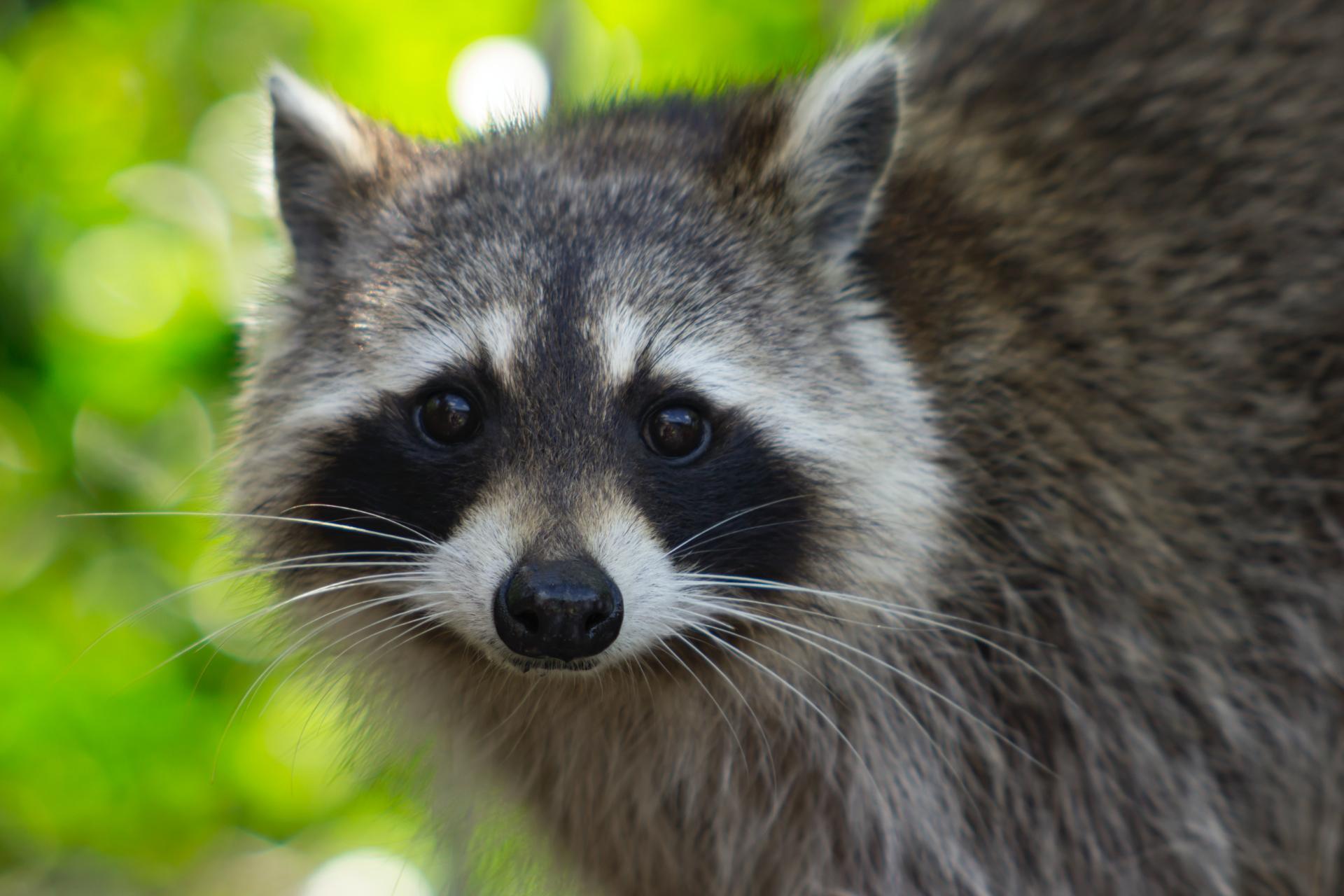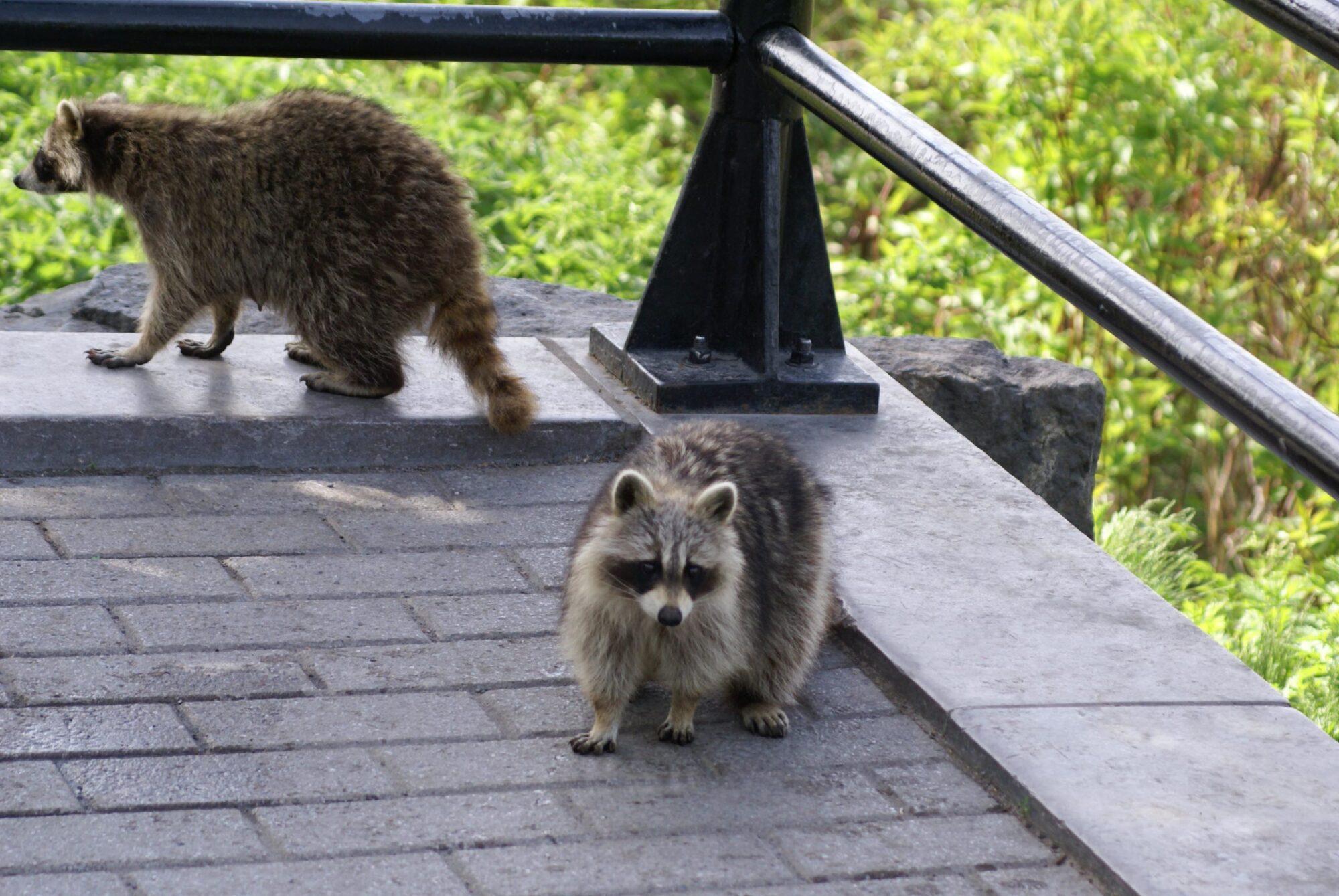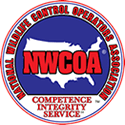
What Transmittable Diseases Do Raccoons Carry?
Sure, the trash pandas are adorable. Everyone loves their tiny little hands! Yet when coons get too close, disease can follow. In fact, raccoons carry so many diseases that we’d be hard pressed to name them all. Still, we can give you the most common ones. Leptospirosis What it is:



